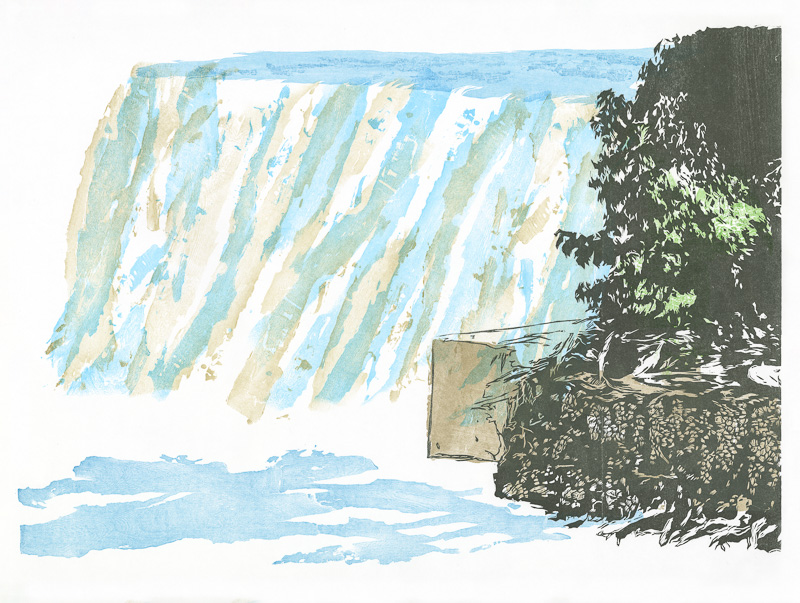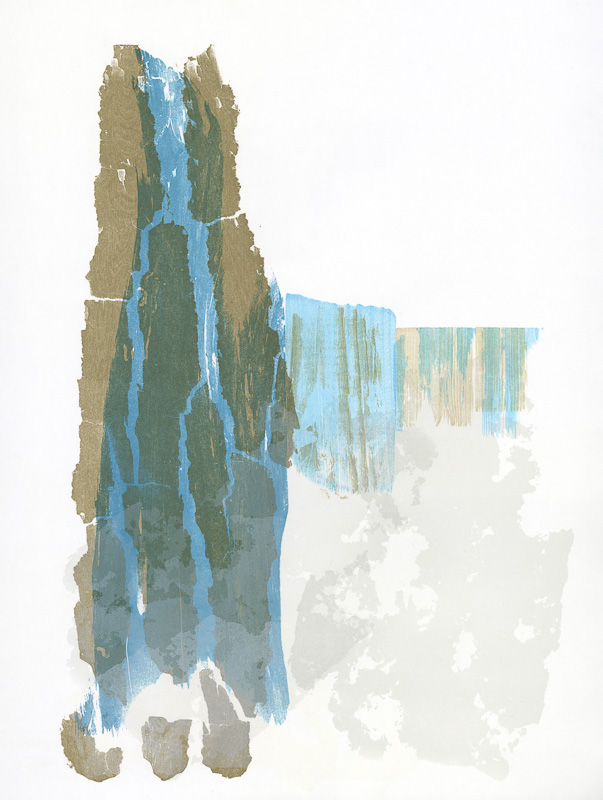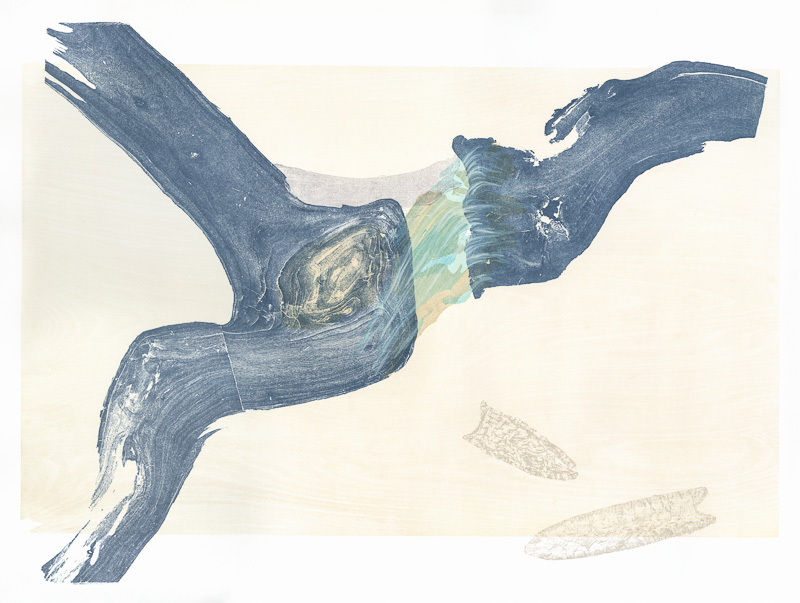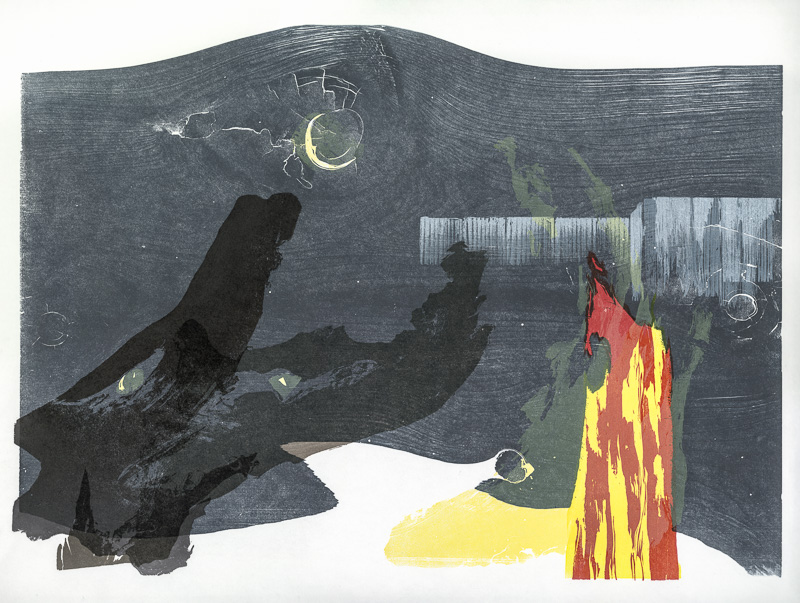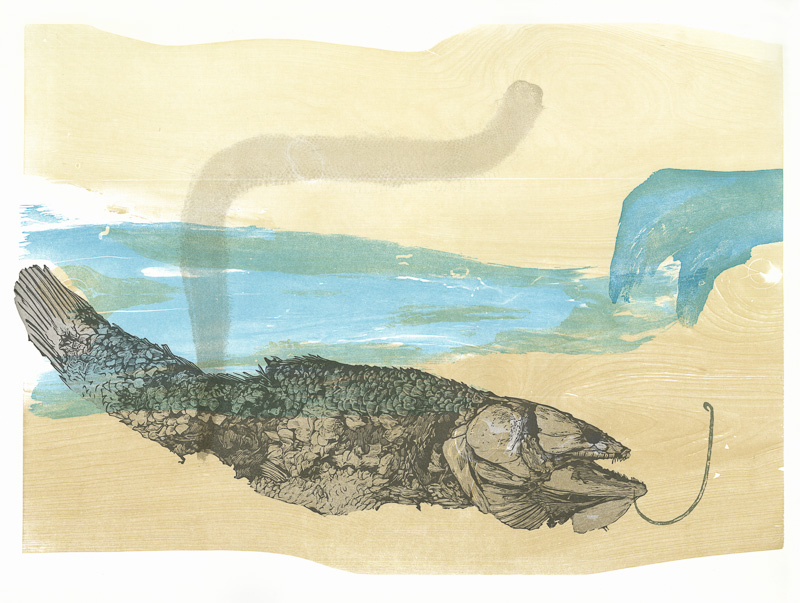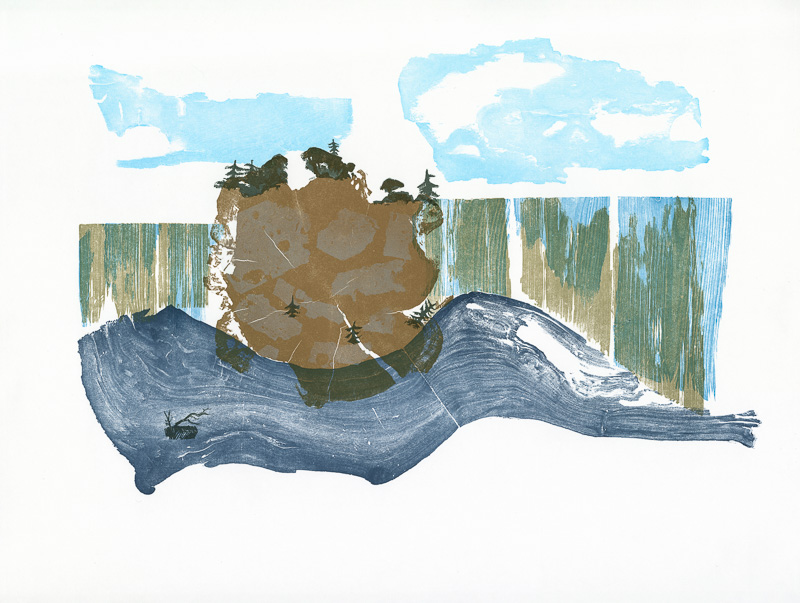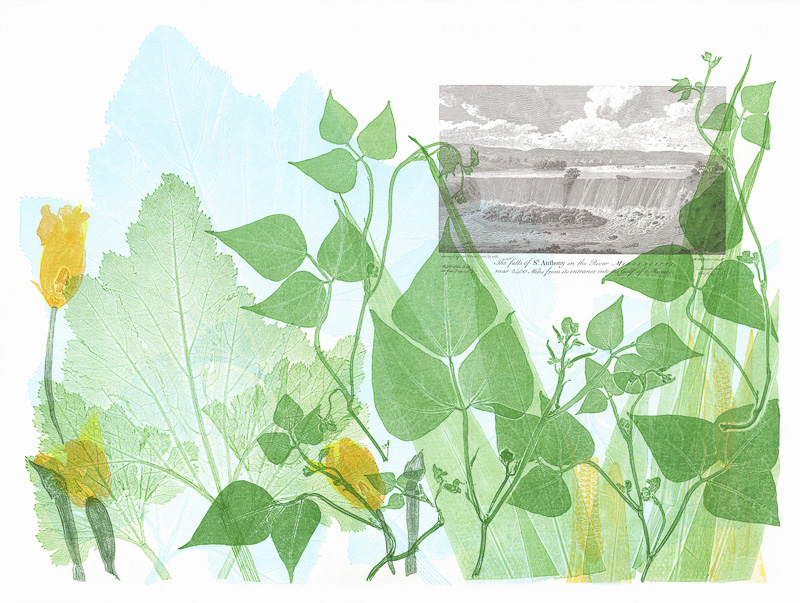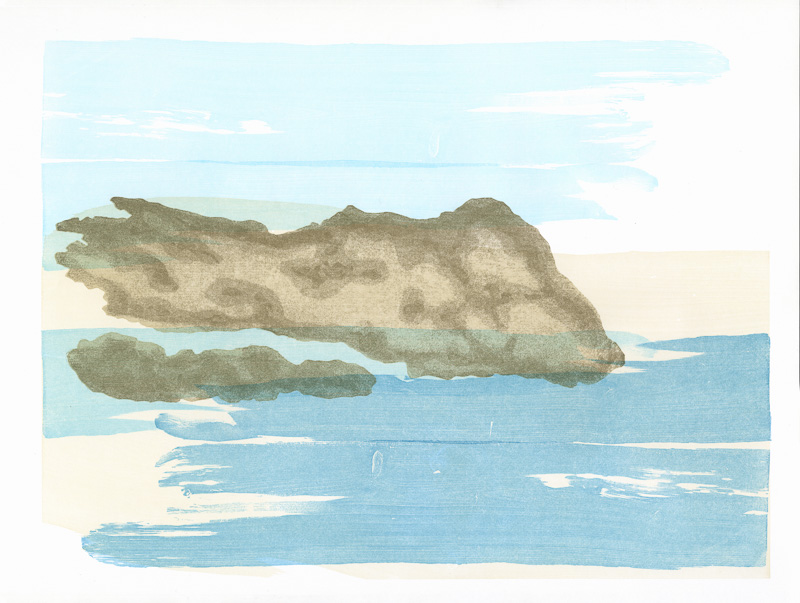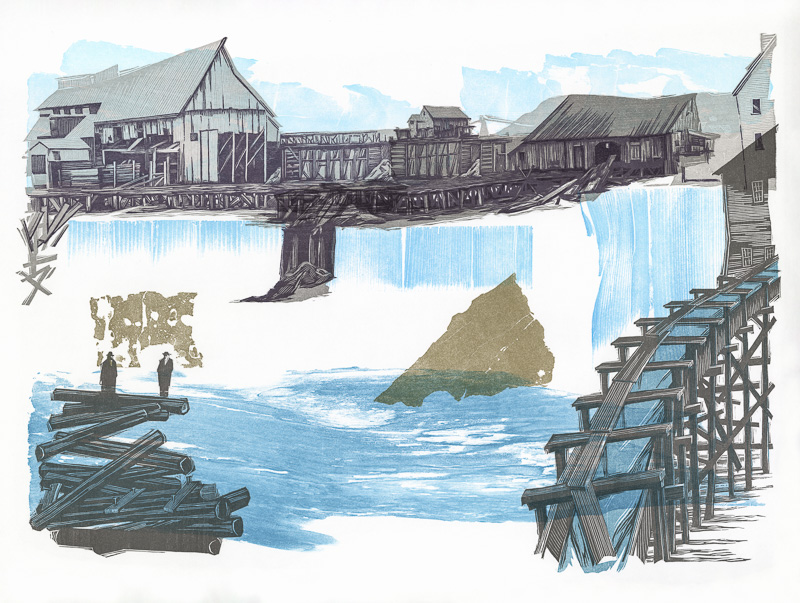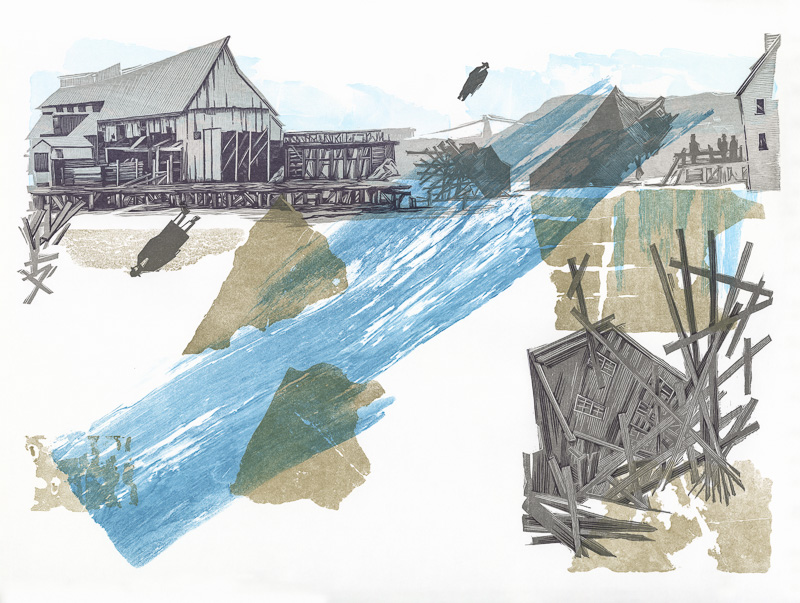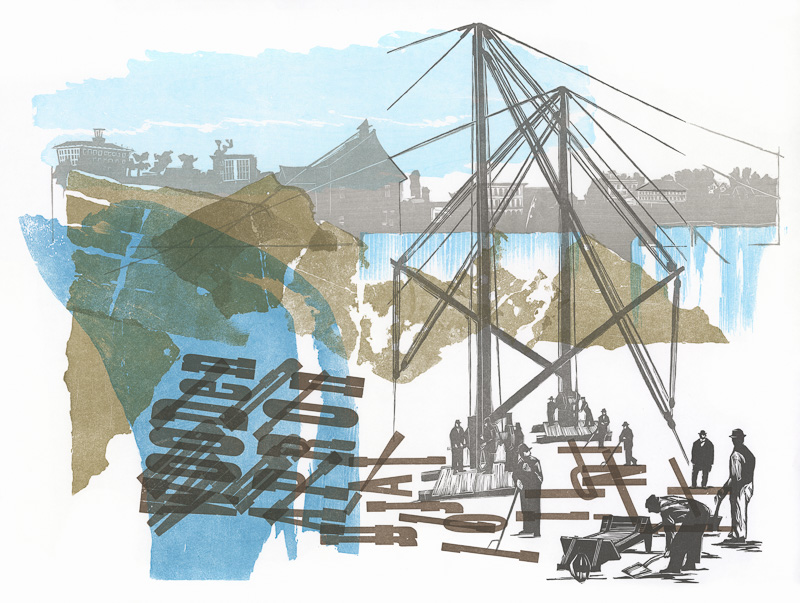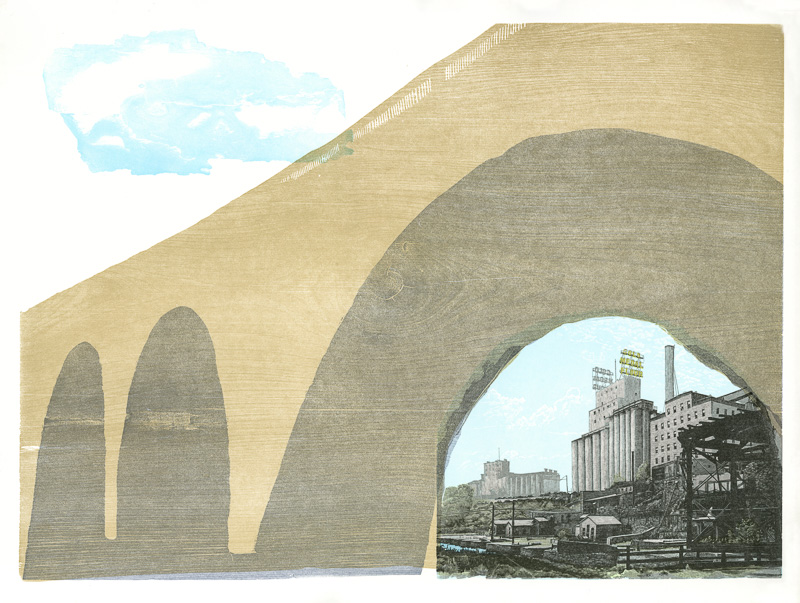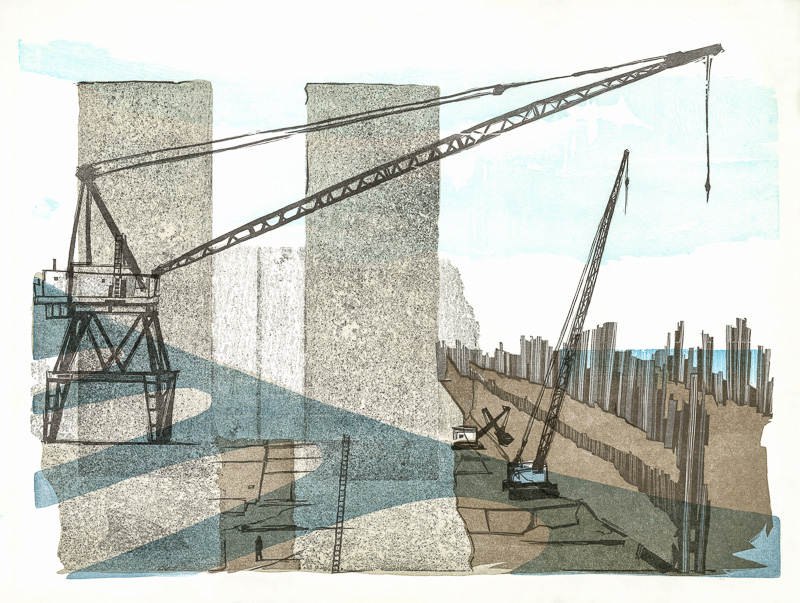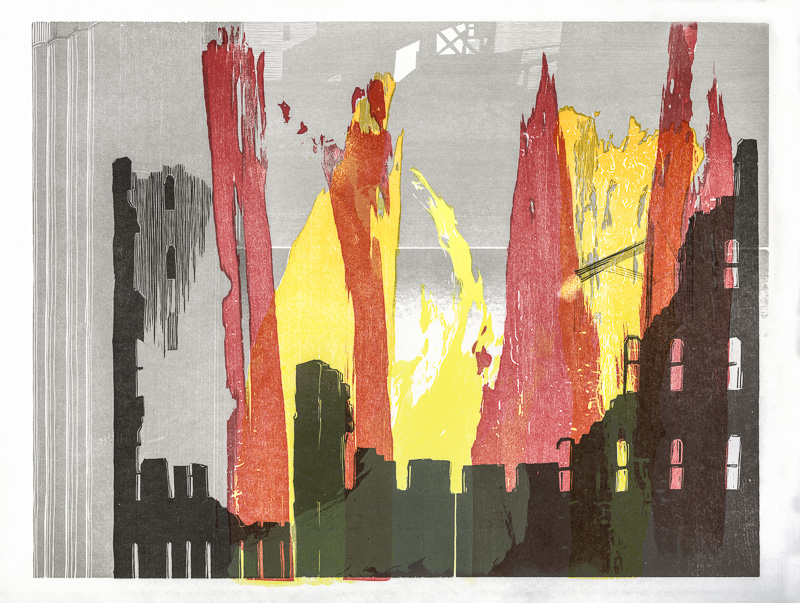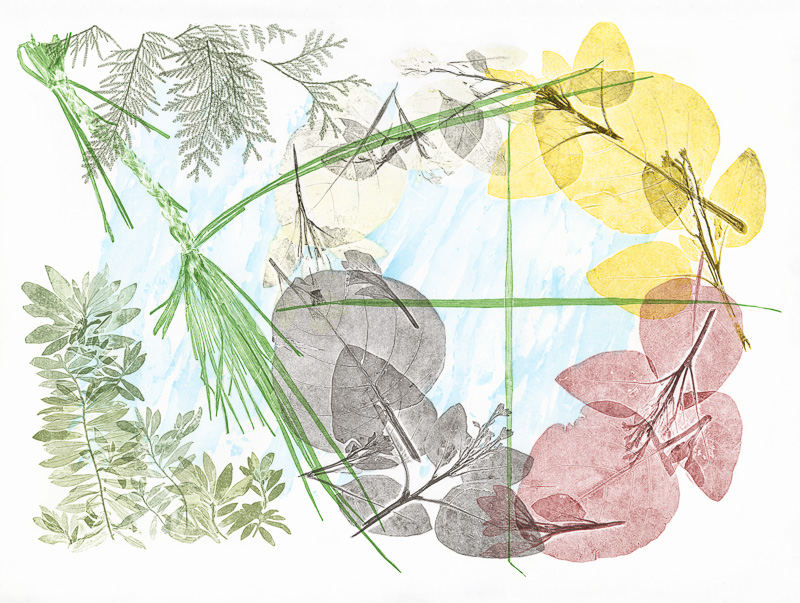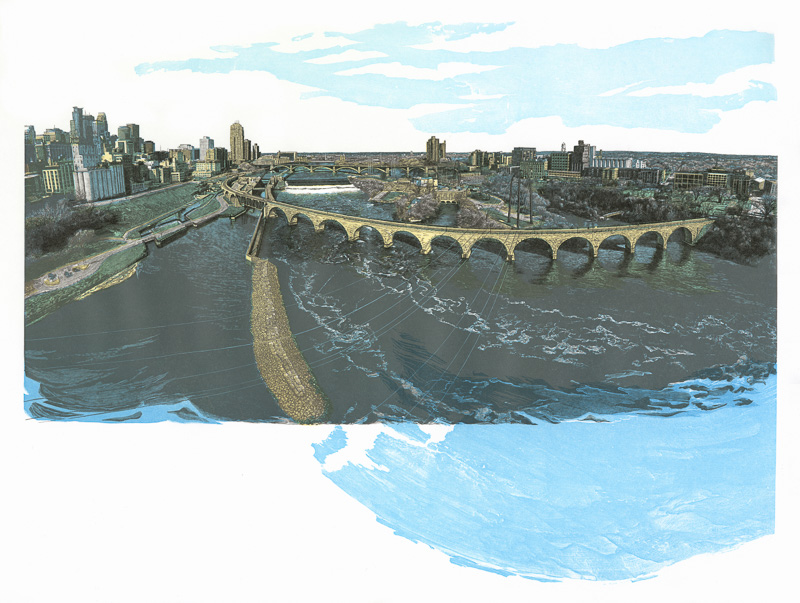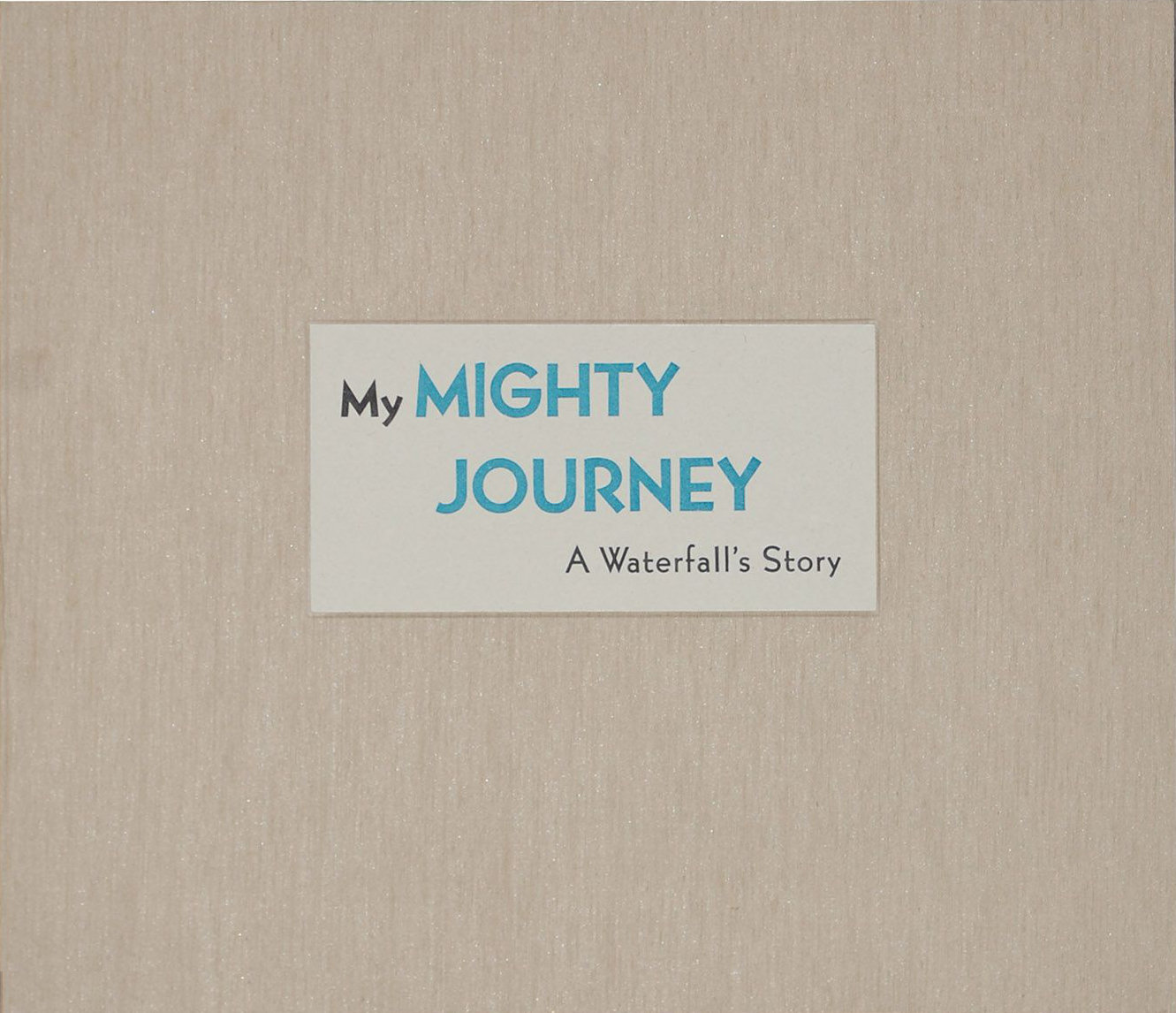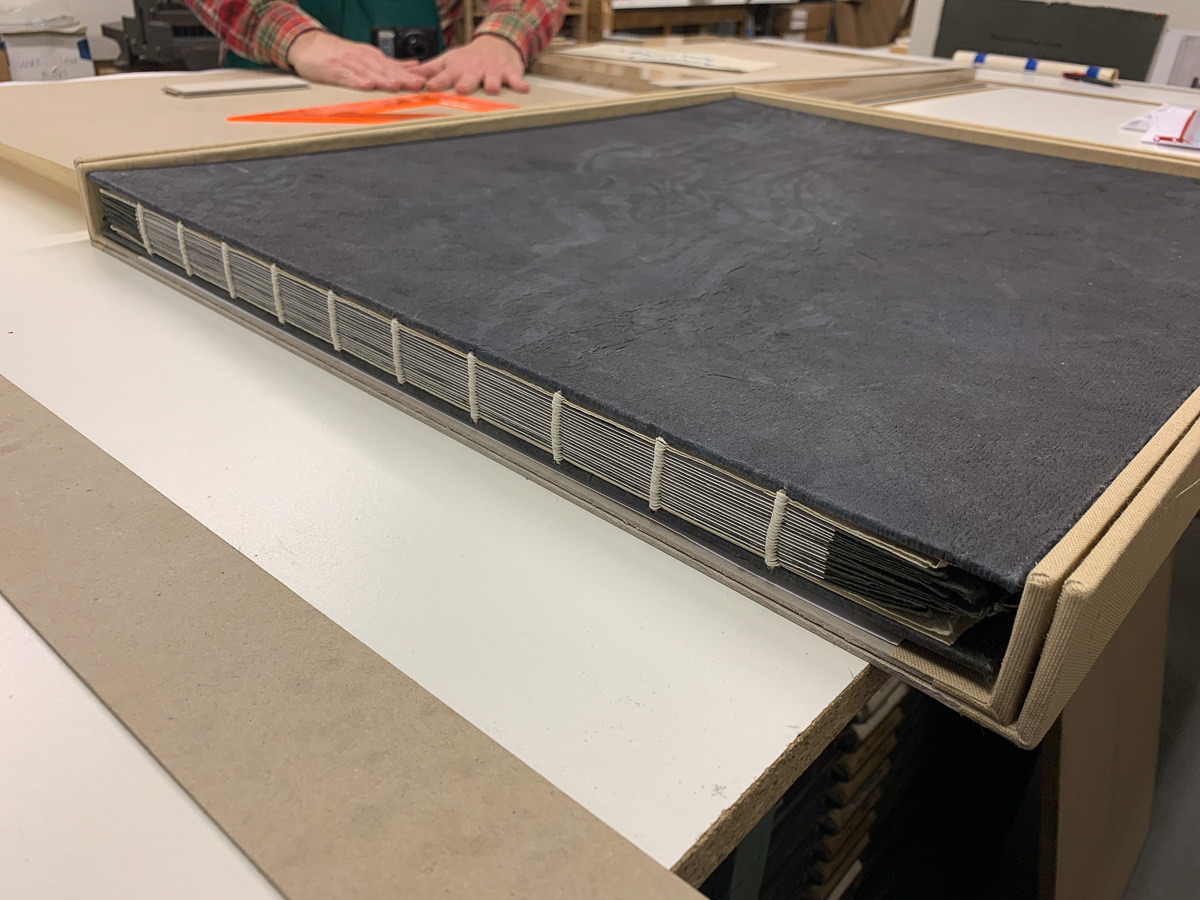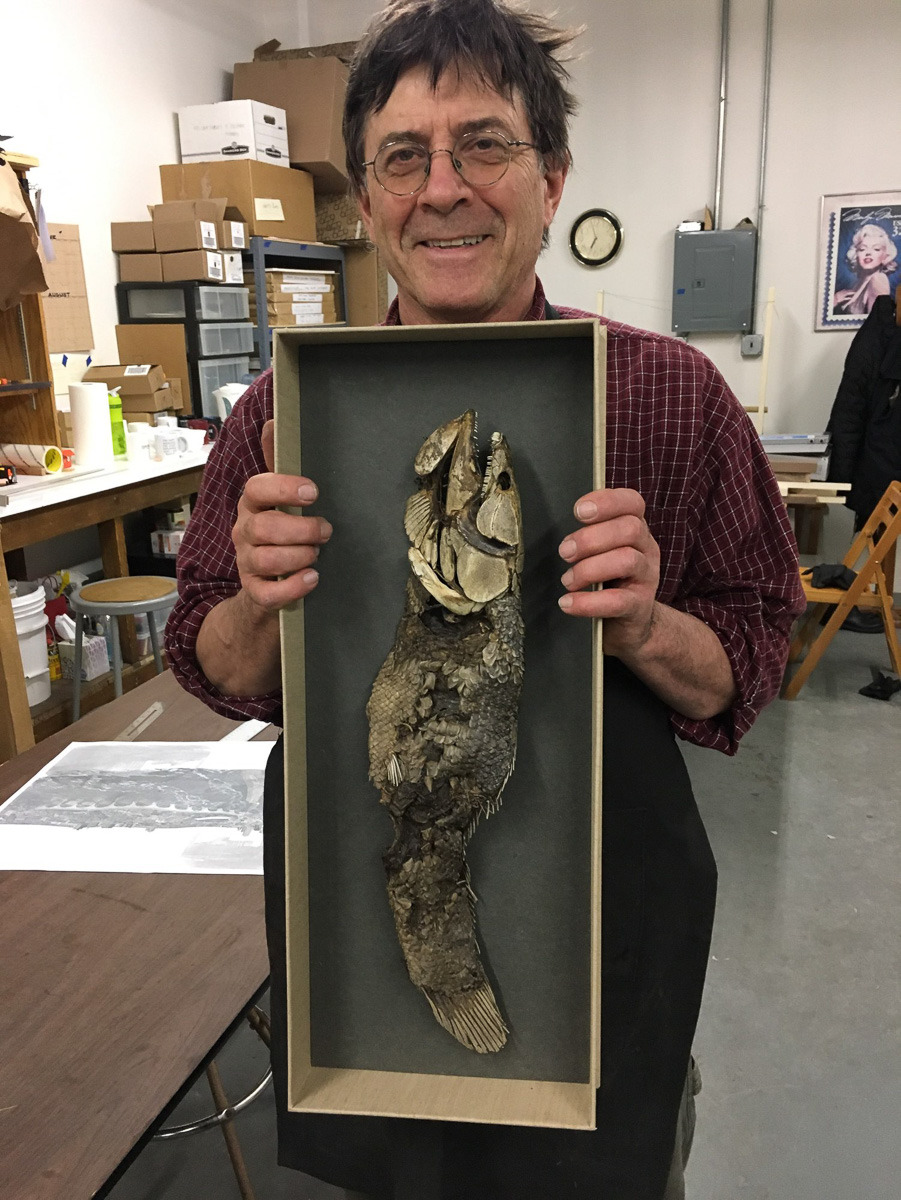- Home
- About
- Books
- Hole in the Donut: Scrape 22 2025
- It's Come to This 2023
- Man Before a Mirror 2022
- American Crow: Report from Quarantine 2021
- Bokeh: A Little Book of Flowers 2020
- My Mighty Journey 2019
- A Little Book of Birds 2017
- Lac Des Pleurs 2015
- Bicycle Diaries 2011
- Report from Pool Four 2010
- Plunging 2009
- Sylvæ 2008
- Mayflies of the Driftless Region 2005
- The Intruder 2004
- New York Revisited 2002
- The Coriolis Effect 2002
- Ernest Morgan: Printer of Principle 2001
- Emerson G. Wulling: Printer for Pleasure 2000
- I Will Eat a Piece of the Roof, And You Can Eat the Window 1999
- Waterfalls of the Mississippi 1998
- Bad Beat 1998
- A House in the Country 1995
- Wrenching Times 1991
- Farmers 1989
- High Bridge 1987
- Prints
- Bokeh: A Little Book of Flowers 2020
- My Mighty Journey 2019
- A Little Book of Birds 2017
- Lac Des Pleurs 2015
- Bicycle Diaries 2011
- Sylvæ 2008
- Mayflies of the Driftless Region 2005
- New York Revisited 2002
- Ernest Morgan: Printer of Principle 2001
- Emerson G. Wulling: Printer for Pleasure 2000
- Waterfalls of the Mississippi 1998
- A House in the Country 1995
- Wrenching Times 1991
- Farmers 1989
- High Bridge 1987
- Broadsides
- Contact
My Mighty Journey
A Waterfall's Story
MIDNIGHT PAPER SALES 2019 Photos: Paul Nylander
FROM THE BOOK
I am a powerful waterfall.
I listen.
I pay attention.
I have a long memory.
You might find it hard to believe
but I have moved through time.
With those words, the story My Mighty Journey opens. It is the story of St. Anthony Falls, the only major waterfall on the Mississippi River, and the changes it witnessed over twelve thousand years. Written by John Coy and illustrated by Gaylord Schanilec, the narrative is written from the perspective of the falls. It recounts the people who lived nearby, the ways they lived, and how the area around the waterfall changed drastically over the past two centuries. Read on...
Editioned prints from the book for sale
For comprehensive documentation of the process of making My Mighty Journey, visit Paul Nylander’s My Mighty Journey tumblr blog
“Out of print, and not surprisingly so. Schanilec’s work continues to amaze most of us who have followed his career. And while I don’t like this book as much as his Sylvae (2008) or Lac de Pleurs, (2015), I recognize that he has stretched the limit of what is possible in modern printing, and has effectually redefined the concept of ‘nature printing.’ In twenty-five years this may well be seen as his masterpiece.”
— Robert Rulon-Miller
Rulon-Miller Books
My Mighty Journey wins the 2020 Minnesota Book Arts Award.
My Mighty Journey received the John Burroughs Literary 2020 Riverby Award for exceptional nature books for young readers.
*The Midnight Paper Sales edition is out of print, but a copy might be had through Rulon-Miller Books.
*The Trade Edition, published by Minnesota Historical Society Press, is available from MHS or Amazon.
Prints
Individual signed and numbered prints from My Mighty Journey
*Free shipping on domestic orders. *International orders: you will be notified of the cost of shipping before the item is sent, and billed via PayPal after shipment.
